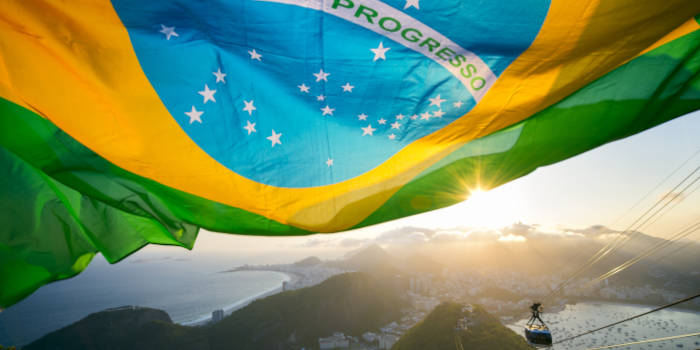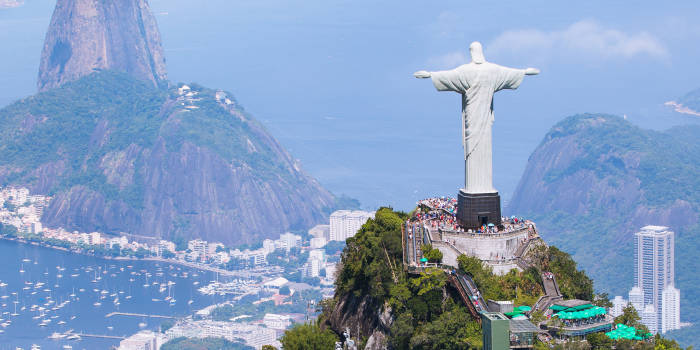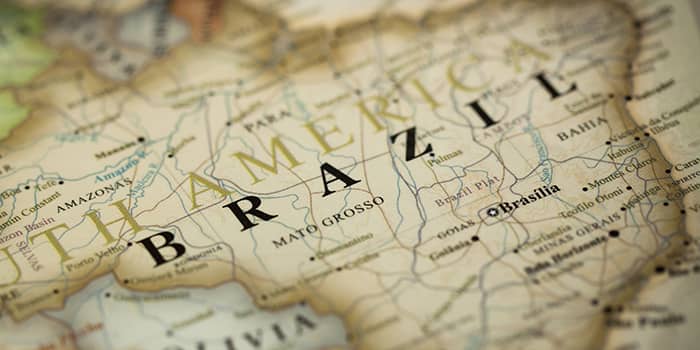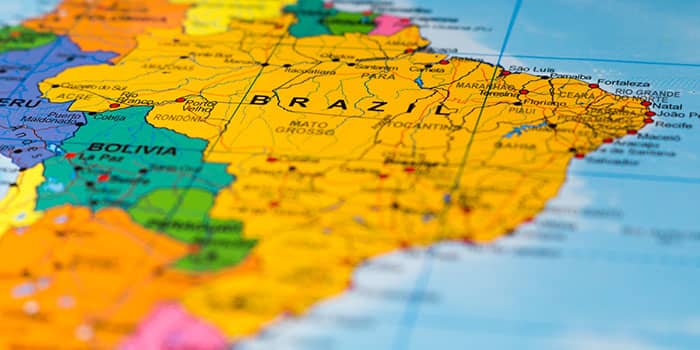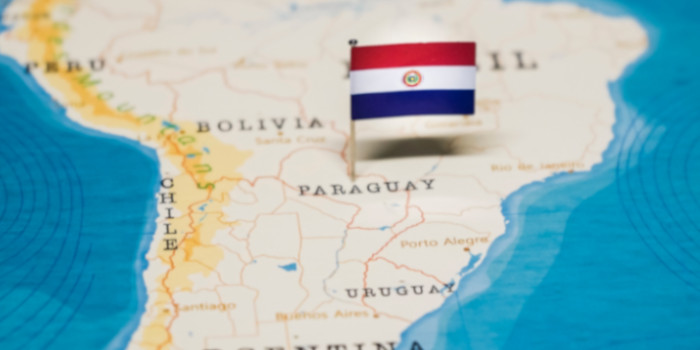Brazil Signals Strong Intent to Bring Back Land-Based Casinos

Brazil is looking to speed up the introduction of integrated casino resorts in the country after a rapporteur for Bill 4495 was appointed last week.
Legislative Preference for the Bill
Senator Veneziano Vital do Rêgo was appointed by the President of the House, Senator Rodrigo Pacheco, as the Plenary Rapporteur for Bill 4495, known as the “Adelson Law,” to signal the country’s intent to give preference to the gambling expansion bill that will introduce integrated resorts (IR) nationwide. Senator do Rêgo, who is currently representing Paraíba after serving as federal deputy there and as a counselor and mayor of Campina Grande for two consecutive terms, will have to report on the progress of the bill, which looks to add casinos to the tourism sector.
Proposed by Senator Irajá Silvestre Filho, Bill 4495 has provisions for the authorization of IRs through public concessions for a period of 35 years, limiting the number of casino resorts to one per each state and in the Federal District, while physical space for casinos in the resorts will be limited to 10% of the IR’s total area.
The bill became known as the “Adelson Law,” due to the significant lobbying on behalf of Las Vegas Sands founder, the late Sheldon Adelson.
According to Senator Irajá Filho, the introduction of casino resorts could potentially attract investments to the amount of BRL44 billion ($8.36 billion), generate BRL18 billion ($3.42 billion) in taxes per year, create more than 160,000 jobs and double the current number of 6 million tourist visitations per year in 5 years. At least 80% of the employees at the IRs must be residents of the state.
Gambling in Brazil
Historically, Brazil experienced a golden era of casinos between 1934 and 1946, with more than 70 gambling venues established across the country. Some of these concentrated around Rio de Janeiro, which featured some of the main casinos such as Cassino da Urca, Casino Atlântico and Copacabana Palace.
The golden casino era came to an end with the end of President Vargas’ mandate, when President Eurico Gaspar Dutra issued a decree to impose a ban on casinos and gambling in the country in 1946. That led to the closure of the gambling establishments around the country.
Land-based gaming venues have been illegal ever since, but recently Brazil is showing signs of warming up towards the idea of legalizing a number of forms of gambling activities.
Efforts to legalize sports betting in the country suffered a delay after a proposal to change the way gambling incumbents are taxed was introduced in July. According to the proposal signed by President Jair Bolsonaro, gambling taxation will be applied to gross gaming revenue rather than turnover.
With 4 years experience as an analyst, Julie—or ‘Jewels’, as we aptly refer to her in the office—is nothing short of a marvel-worthy in her attention to the forex and cryptocurrency space as she quickly became the first pick to co-pilot education to the masses with Mike.

